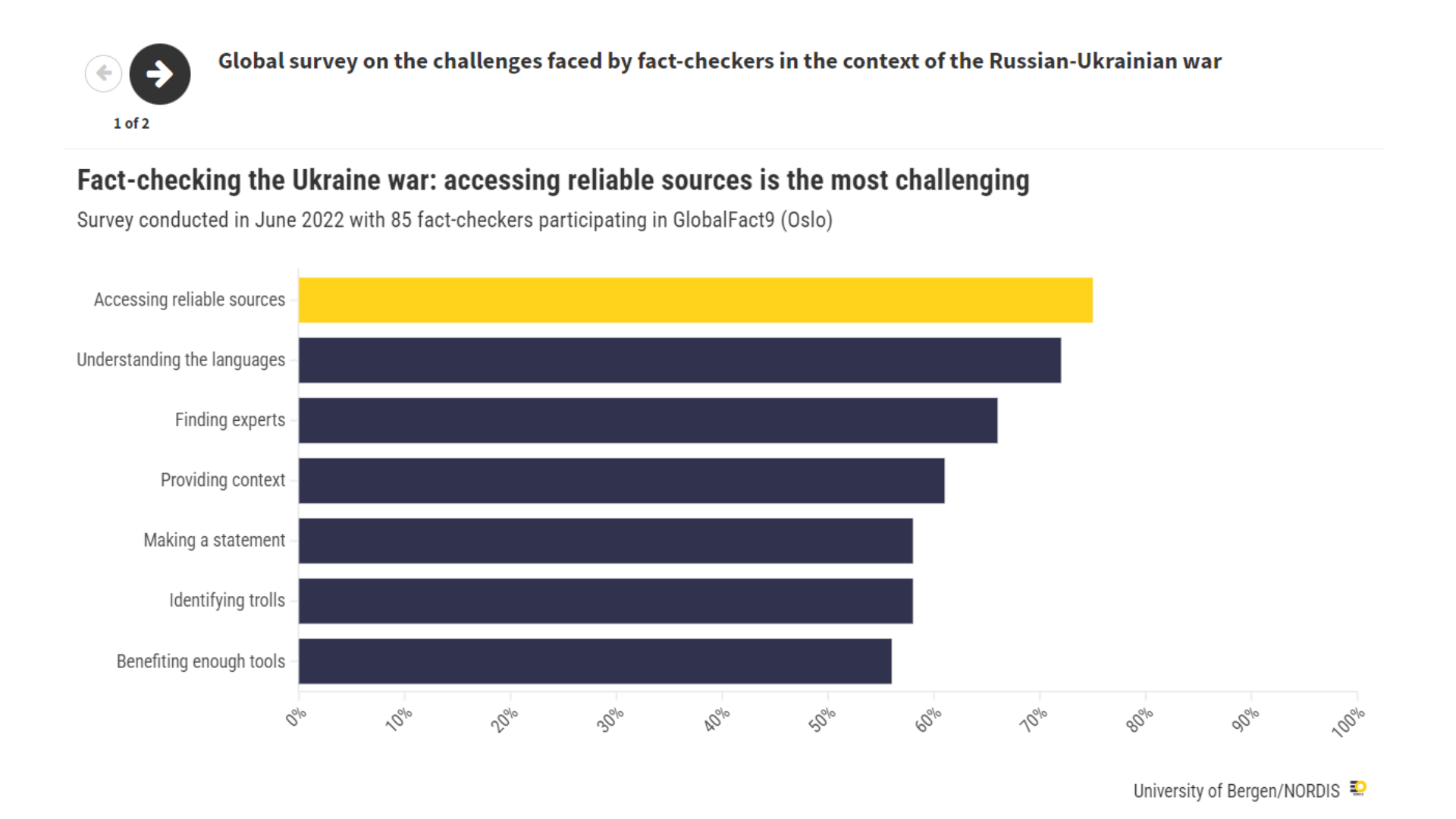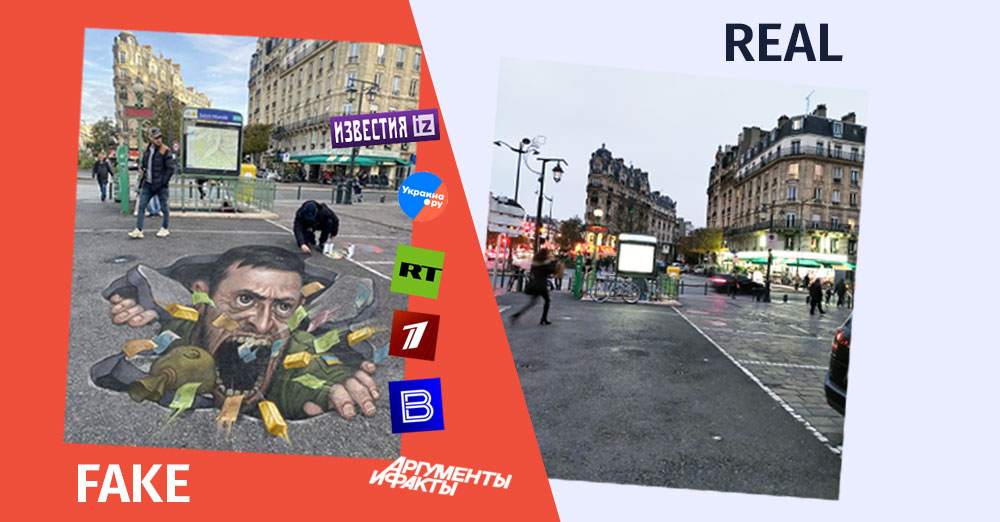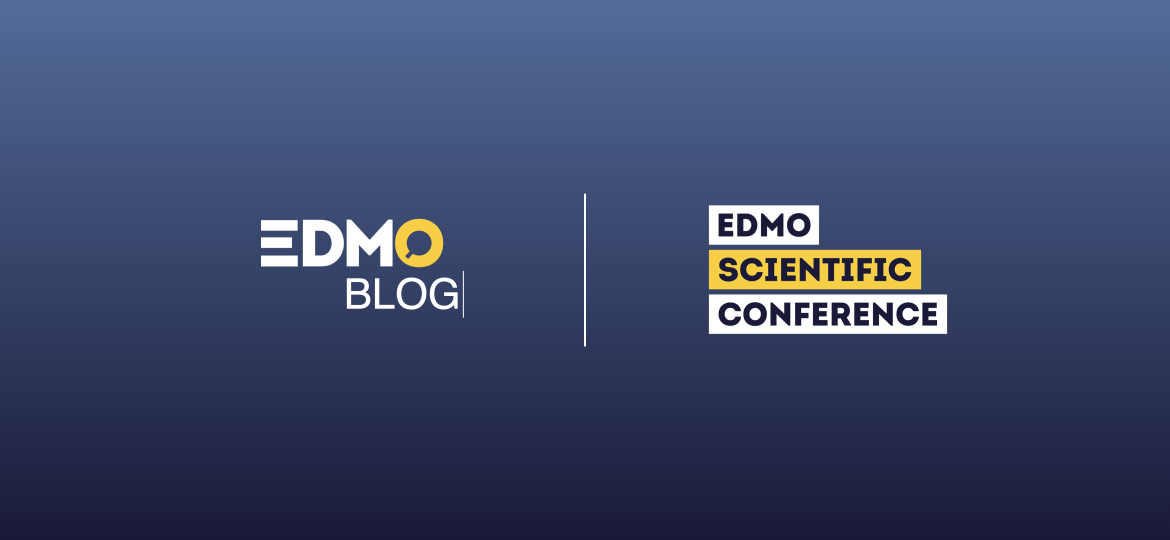Fact-checking the war in Ukraine, or when the screens have become battlefields
The views expressed in this publication are those of the author and do not necessarily reflect the official stance of the European Digital Media Observatory.
Authors:
Laurence Dierickx & Carl-Gustav Lindén
Abstract:
The University of Bergen has studied the challenges fact-checkers face when dealing with war propaganda, in terms of resources and tools, amid language barriers and geographical distances. Smaller organisations struggle with staff shortages while facing unprecedented levels of disinformation. The findings also highlight that fact-checkers continue to face criticism and harassment while being exposed to violent content.
Key words: propaganda, Russian-Ukrainian war, fact-check
Since the start of the Russian invasion of Ukraine on February 24th, independent fact-checking organizations that are members of the European Digital Media Observatory (EDMO) have published more than 2,300 fact-checks. The challenge for professional fact-checkers is to counter war propaganda, which historically has been characterized by lies to sow confusion. Working remotely during a war adds a layer of complexity, as fact-checkers may lack fluency in the Ukrainian or Russian language and its politics.
As a part of the NORDIS hub, the University of Bergen is engaged in research on the relationship between fact-checkers and technology, considering that improving existing tools or creating new ones is fundamentally grounded in the perspective of meeting the users’ needs and experience. Technology is not seen as an end in itself, but as a means to help fact-checkers speed up a time-consuming process by improving workflows and responding to specific needs. It also relates to studying the challenges related to the war in Ukraine aimed at identifying the specific difficulties fact-checkers encounter, the influence of their socio-professional context and the tools or resources that they may need to carry out their work effectively.
In preliminary interviews conducted in March and April 2022 with seven fact-checkers from Belgium, Denmark, Norway and Sweden, we found that the war was particularly difficult to tackle for two main reasons: the language barrier and access to sources that were either unreliable or unverifiable. It also challenged fact-checkers in their practices, especially those who used to work on the pandemic, where manipulated images and videos were less involved. “It’s a different way of working,” said one Norwegian fact-checker. As demonstrated by the New York Times’s coverage of the Bucha massacre, the ability to work with satellite imagery became critical. Fact-checkers also said that they saw a return to the days of Russian troll factories spreading disinformation on social media, and that they suspected that the pandemic plotters had become Russian supporters. They further stressed the importance of context and the need for nuanced fact-checking.
After this first round of interviews, we launched an online survey during Global Fact 9, organized by the International Fact-Checking Network (IFCN) in Oslo in June 2022. We received 85 responses from fact-checkers working in 46 countries (Europe, Asia, Africa, North and South America). In their main lines, the results showed that about one-third of fact-checkers worked mainly on audiovisual, which is considered more difficult to fact-check because it can be difficult to find the original source or author (which was pinpointed by three out of four fact-checkers). The results also confirmed that the lack of access to reliable sources of information and adapted tools that also deal with the language barriers and the specific context of the war makes the war more complex to fact-check than other topics, such as the pandemics. The language barrier was cited as the second biggest difficulty (seven fact-checkers out of ten). In terms of resources and tools, half of the fact-checkers surveyed said that what they had at their disposal was inadequate, and there were no major differences between continents.

The final phase of this research consisted of twenty interviews with fact-checkers from Afghanistan, Azerbaijan, Denmark, Estonia, Finland, France, Georgia, Germany, Ghana, Grace, Hungary, India, Italy, Latvia, Norway, Poland, Serbia/Croatia, Slovenia, Spain and Sweden. These interviews were conducted online between September 2022 and August 2023. Although fact-checkers also deal with national contexts that can complicate their work, common patterns were observed.
An unprecedented level of disinformation
Results correlate with the first part of the study, showing that the challenges faced by the fact-checkers are context-specific, which include the size of the organization and, therefore, the human resources available. Fact-checkers agreed that the amount of disinformation on the war in Ukraine had reached unprecedented levels. In micro and small organizations, it was impossible to fact-check everything. Geographical distance and a lack of background information, either on the mechanisms of propaganda or on the geopolitical situation in this part of the world, add to the difficulty of their work.
A few fact-checkers from our panel of interviewees used OSINT methods, and when they did, it was mostly for geolocation purposes with the use of satellite imagery. Nonetheless, they underscored that accessing such material is not free of charge, and not all organizations are able to support expensive subscription costs. Although they recognize that fact-checking is not a matter of technology, digital tools help them with a time-consuming process.
Tools are not magic, and they still suffer from several limitations: the lack of efficiency of translation tools when dealing with small languages, requiring a double verification and the limited efficiency of image and video verification tools. Sometimes, it requires thinking outside of the box, using geolocation methods or contacting fact-checkers or sources on the field, such as Myth Detector in Georgia, to debunk a fabricated caricature of president Zelensky in Paris.

The “soft” Ukrainian vs the “hard” Russian propaganda
Membership of the IFCN gives fact-checkers access to a detection tool provided by Meta, but it does not work properly for some fact-checkers and requires human monitoring. “The Facebook tool that we use as a part of the cooperation with Meta has not always been super helpful and does not always pick all the relevant things,” said the German fact-checker. Moreover, monitoring takes as much time as a multimodal strategy to track disinformation on various forms of social media. The benefit of a tool that allows fact-checkers to monitor all forms simultaneously is a dream that they share. Fact-checkers also see artificial intelligence systems as having potential, but, at the same time, they are also used to create and spread disinformation that is becoming increasingly difficult to fact-check, especially when audio is manipulated. In addition, images and video are not always the focus of the manipulation: they can be real, while the context that presents them is totally misleading.
Trusting sources is another side of the problem, with fact-checkers generally stressing that both Ukrainians and Russians are part of the conflict and that makes them difficult to fully trust. Fact-checkers observed propaganda from both sides of the conflict. Still, they distinguished between “soft” Ukrainian propaganda aimed at mobilizing allies and troops, such as the case of the “Ghost of Kyiv,” a mythical Ukrainian pilot who is said to have shot down several Russian planes. This story circulated in all the European countries, illustrating that disinformation has no borders and is not limited to the invasion itself.
Although public opinion is generally pro-Ukraine in the countries of the panel of interviewees, the situation is a bit more complicated in some Central and Eastern European countries, where there are still Russophones exposed to Russian propaganda. However, a shared history with Russia makes fact-checkers more critical or ‘immunized’ against Russian propaganda and allows a better overview of the broader geopolitical strategies at play. As a result, Russian propaganda in these countries tends to be seen as “old recipes” aimed at more emotional factors. At the same time, the Greek fact-checker said that Russian propaganda lacks quality, and the Norwegian one said that he was disappointed by the low quality of Russian deep fakes.
Dealing with violence and harassment
Debunking does not make the whole narrative, and some kinds of disinformation are more persistent than others, such the ones related to the “Nazification” of Ukraine, while other types of disinformation spread from one country to another with an incredible ability to adapt to local contexts. An example is the disinformation describing Ukrainians as “parasites.” Such a narrative was found in Germany and Italy.
Covering the war from their office does not prevent exposure to violent content, which can have a serious psychological impact on fact-checkers regardless of their geographical location. Such exposure is likely to cause secondary trauma, highlighting the need for active support for mental health and well-being in fact-checking, as recommended by the EDMO Taskforce on Ukraine. The Ghanaian fact-checker reported having taken a week off because it was “too hard to handle.” Some fact-checkers turn off the sound when watching videos to mitigate the risks. In several cases, fact-checking organizations have set up specific training or developed a ranking to warn fact-checkers about the level of violence in content. In all cases, it is difficult to avoid violence in multimedia, especially on Telegram, which is considered the most violent channel.
The harassment that fact-checkers faced during the COVID pandemic is not over, and they continue to be criticized or even harassed , due to disagreements with the fact-checks they deliver. Criticism often manifests as online abuse, including threats and personal attacks on social media platforms, where fact-checkers are accused of bias or censorship. Being part of an international network, IFCN or EDMO, is both seen as a valuable moral support but also as a valuable instrument for sharing resources and tools. Bergen’s study underlines the need for strong cooperation between fact-checkers worldwide, as disinformation knows no borders. This study also stresses the need to support fact-checking organizations in their never-ending fight against information disorders.
